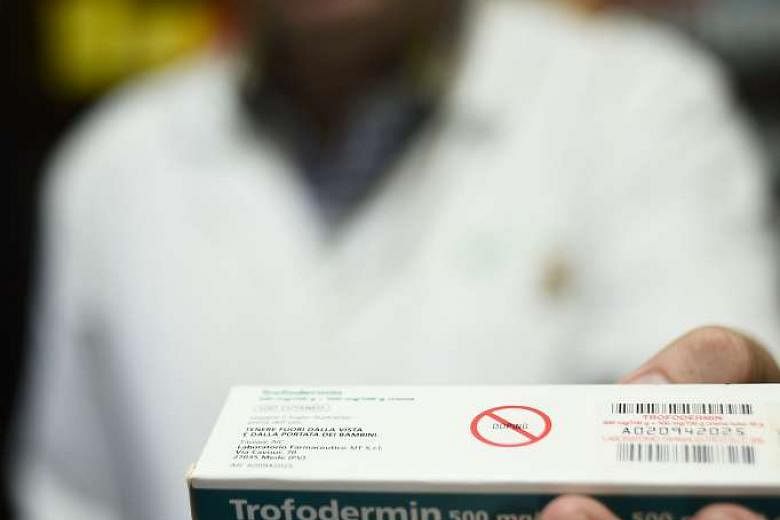LAUSANNE • The International Olympic Committee (IOC) has acted to curb the power of sports federations and overhaul doping controls in a revamped fight against drug cheating, but the road to reform promises to be long and complex.
In the wake of the state-sponsored doping scandal in Russia that surfaced in the run-up to the Rio Olympics, the IOC's reform plan is two-pronged: testing and sanctions.
It has asked the World Anti-Doping Agency (Wada) to create a new body for testing athletes and wants the world's top sports court, the Court of Arbitration for Sport (CAS), to take the primary role in sanctioning athletes who are caught doping.
"That aims to create a better system in regulating doping under the aegis of Wada," said Jean-Loup Chappelet, a Swiss university professor who specialises in the Olympic movement.
"The reforms also provide for the establishment of a certification of national anti-doping agencies and big testing laboratories."
But that raises questions.
The four big Olympic federations (athletics, football, gymnastics and swimming) have approved the reforms. But for some other federations, the reforms are more problematic.
"Who decides who is to be tested? To establish lists of targeted athletes, you need the knowledge only the federations possess," said one federation official.
"Who takes charge of the samples? This unique structure or a third party as is often the case today?
"And what laboratory carries out the tests?"
The federation official also questioned the "true independence" of the CAS, which will become the sole arbiter in matters of doping.
"We will very clearly separate the trial and appeal structures," responded CAS secretary-general Matthieu Reeb.
"The judges and trial officials will not hear appeals. And if we work well at the trial stage, there'll maybe be fewer appeals... It will (though) need at least a year to put this reform in place."
A steering committee which has been working for a year on these reforms will again meet to fine-tune the proposals which will be presented at the Wada Foundation Board meeting on Nov 20 in Glasgow.
Chappelet believes Wada must at least establish the new supervisory body from that date.
"Additional testing should be targeted based on information and any disclosures by whistleblowers, who must be strongly protected by the independence of this new unit," he said.
AGENCE FRANCE-PRESSE

